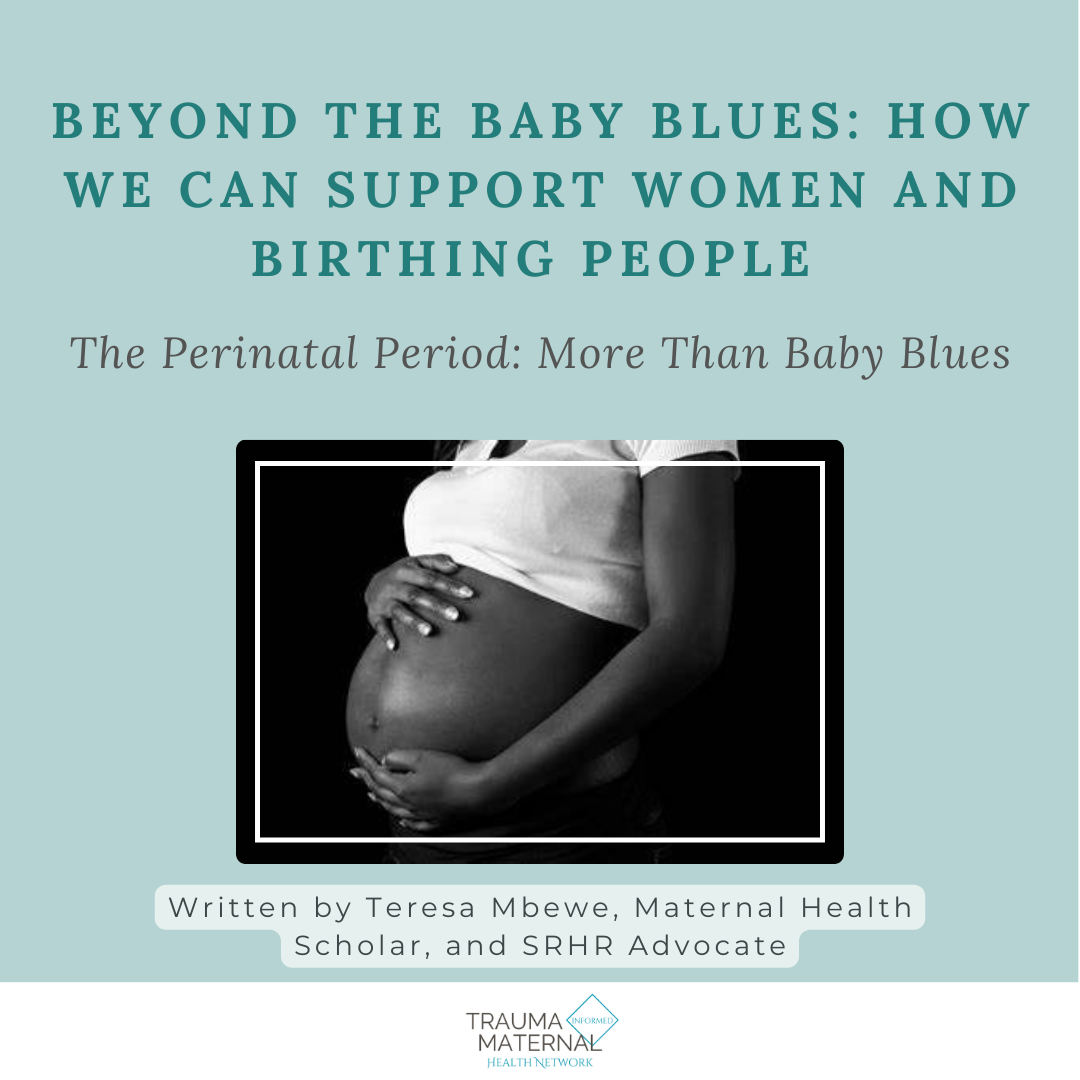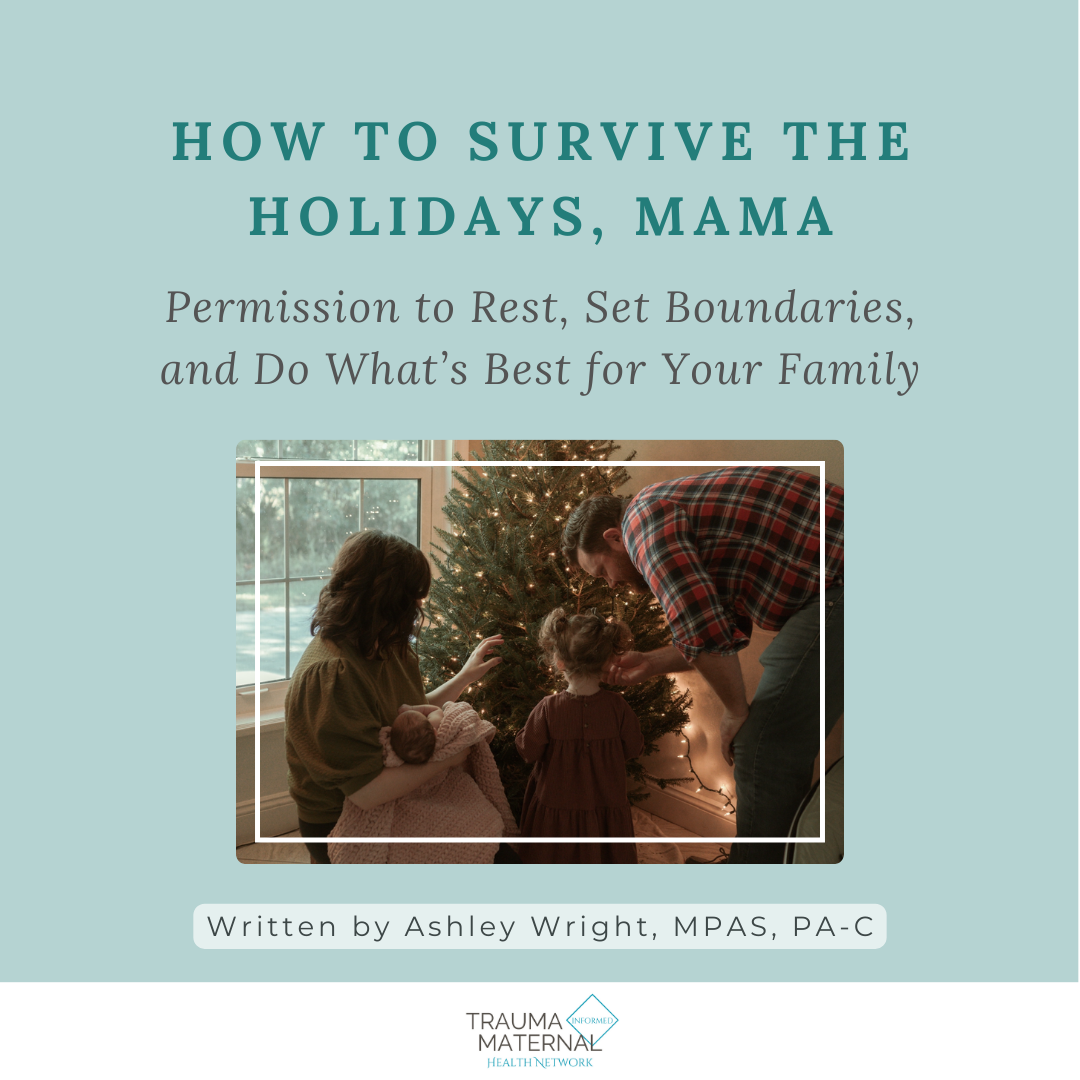The Hardest Lesson in Fatherhood: Letting go of Control.
Written by Guest Blogger Dave Gray
If you’re a new dad — or about to be — let me give it to you straight:
You’re about to lose control.
And it’s going to be one of the hardest, most important lessons of your life.
As men, we’re wired to fix things. We like making tangible, clear changes and seeing results. We’re providers, protectors, problem-solvers. If something’s broken, we want to patch it up and move on. But fatherhood doesn’t work like that — at least not in the way we expect.
The Ride You Didn’t Know You Were On
When I became a father, it hit me fast. My wife was in pain after her c-section. The pediatrician had information I didn’t know how to process. I wanted to help, to do something — but I didn’t know what resources to use or even where to start.
Google something?
Research a website?
What keyword do I even type in?
That helplessness brewed frustration.
And frustration ramps up fast. For me, it would build and build because I couldn’t fix things quickly.
I wanted clear instructions, like I get at work:
Step 1 → Step 2 → Step 3.
Baby care doesn’t hand you a tidy checklist.
I’ll give you a real example — something as small (but critical) as bottles and breast pumps. Learning which bottle worked best, helping my wife figure out how the flange on the breast pump fit correctly — these things took time. Feeding alone (we were triple feeding the first few months) could take 30–60 minutes, and our baby would sleep for only a couple hours at a time.
Sleep routines? Forget it.
You think you’ve nailed it, and then someone casually mentions something like the 8-month sleep regression. (Yes, that’s a thing. And yes, it hit us like a truck exactly at 8 months. Thankfully, a coworker warned me in an elevator conversation.)
Adaptability is the Name of the Game
Here’s what I’ve learned, the hard way:
Being a good father is less about controlling everything and more about adapting to change. Constantly.
You think you know what’s coming?
You don’t.
You think you’ll nail every step?
You won’t.
And that’s okay — because you’re not supposed to ace this test alone.
Or ace it… ever.
You need (and deserve) support.
Support can come in many forms — family, friends, doctors, co-workers, articles, apps, podcasts, whatever works for you. For me, bite-sized information works best. I like quick, straight-to-the-point articles or videos I can digest in 15-30 second chunks. I want plain speak, a clear headline, and maybe a picture that makes me want to click. No fluff.
(My wife created the Trauma-Informed Maternal Health Directory to connect new parents to therapists and other providers. Check it out if you want a 1-stop-shop for all things support).
Being a Leader at Work vs. Leading at Home
At work, I’m used to making informed decisions fast. But being a dad humbled me. I’m not going to be right 100% of the time — and that’s not a failure. The win is in being informed, making the best decision possible, and then adjusting when things don’t go as planned.
And having a partner on the same page? That’s everything.
Sometimes, you have to trust others — doctors, family, higher powers, whoever or whatever you lean on. We had to go through a lip tie procedure with our son. Watching him go into surgery was terrifying. But I had to let go. I had to trust the doctors and the process. You can’t bulldoze through everything on your own — it just won’t work.
Final Word
Fellow dads:
Being a father will stretch you, frustrate you, and humble you. You’ll feel powerless at times. You’ll want to fix everything instantly — and you can’t. What you can do is stay adaptable, stay open, and stay supported.
You’re not alone.
You’re not just along for the ride.
You’re learning how to ride in a whole new way.
- - - - -
About the Trauma-Informed Maternal Health Directory
Liz Gray, LCSW and Olivia Verhulst, LMHC, PMH-C— co-founders of the Trauma-Informed Maternal Health Directory— are clinical psychotherapists with a deep passion for increasing accessibility of trauma-informed care to the maternal health population.
They created this specialized directory to connect women & birthing people to trauma-informed health & mental health providers who specialize in infertility, pregnancy, postpartum, and new parenthood.
Search the directory: https://directory.maternaltraumasupport.com/
Interested in writing a guest blog post?
If you are a trauma-informed provider who works with the perinatal population, submit a blog proposal HERE!
Please make sure the article is original content that aligns with our values of safety, inclusion, transparency, collaboration, empowerment, and support.




